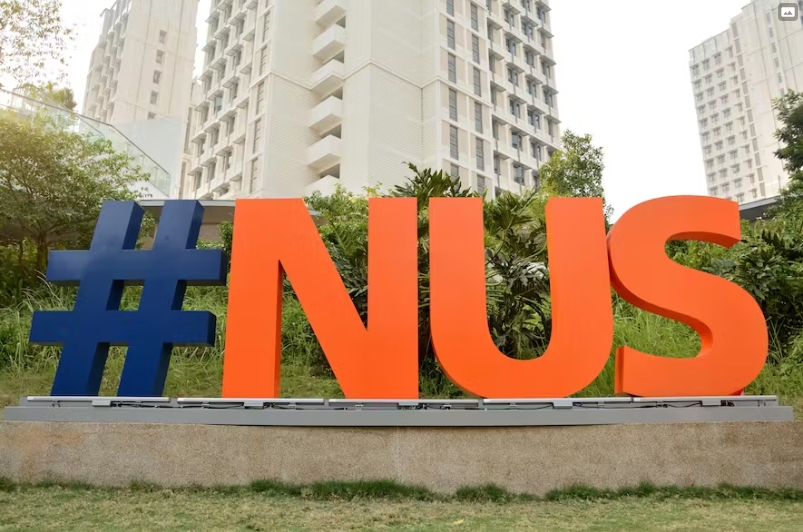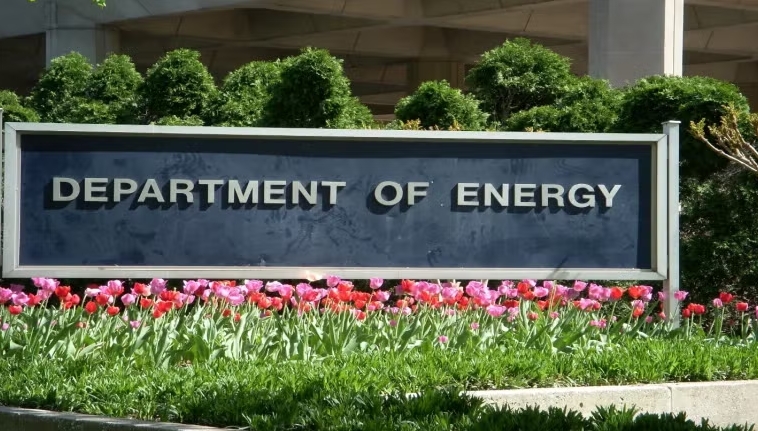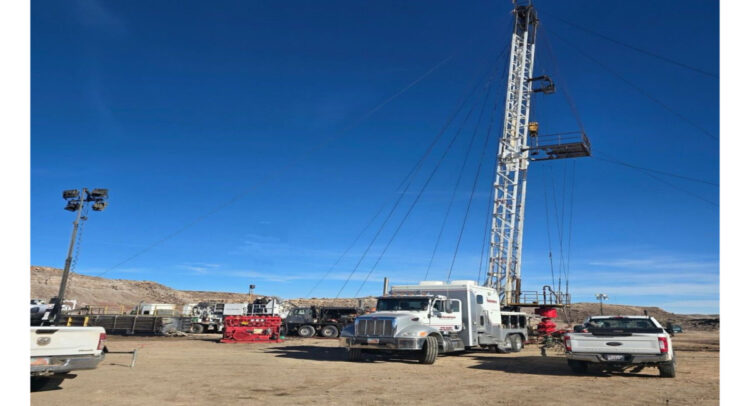
The AC/DC hybrid microgrid will include a variety of on-site and remote renewable energy resources, including energy storage technologies and electric vehicle (EV) charging stations.
It will also include a new district cooling network that will serve NUS’ University Hall and surrounding buildings. The cooling network will employ thermal energy storage, interconnected cooling systems and outdoor cooling technologies.
The project will also include the creation of a digital twin, which is a virtual model of the microgrid that uses data from sensors to simulate the microgrid’s real-time operations. In essence, a digital twin creates a digital copy of the microgrid, giving the engineers a sandbox to test different configurations and optimizations before they’re pushed live.
“This collaboration leverages NUS’ expertise in energy and sustainability research and Keppel’s technological capabilities to develop cutting-edge technologies for smart grid management and district cooling which, once validated, could be applied within NUS, on a national scale and even globally,” said Tan Eng Chye, president of NUS.
AI optimization that’s scalable
The project is the next step in the university’s existing collaboration with Keppel. NUS’ Kent Ridge campus is home to the Keppel-NUS Low Carbon Living Laboratory, which is developing sustainable, scalable and commercially viable renewable energy technologies, including novel EV charging solutions, the aforementioned district cooling technologies and seawater desalination pretreatment technologies.
“We are pleased to work with like-minded partners, such as NUS, to pioneer leading-edge energy and sustainability-related solutions that will help businesses and communities decarbonize and work towards carbon neutrality,” said Cindy Lim, CEO of Keppel’s Infrastructure Division.
The goal of this phase of the project is to create and test an artificial intelligence (AI)-optimized network of energy resources that will reduce energy consumption and improve grid reliability and climate resilience.
“At NUS, we are presenting the campus as a living lab, where our physical infrastructure and operational systems serve as an integrative test bed for sustainability solutions. This opens up a myriad of possibilities for impactful discoveries, game-changing innovations and transformative education,” Chye said.







